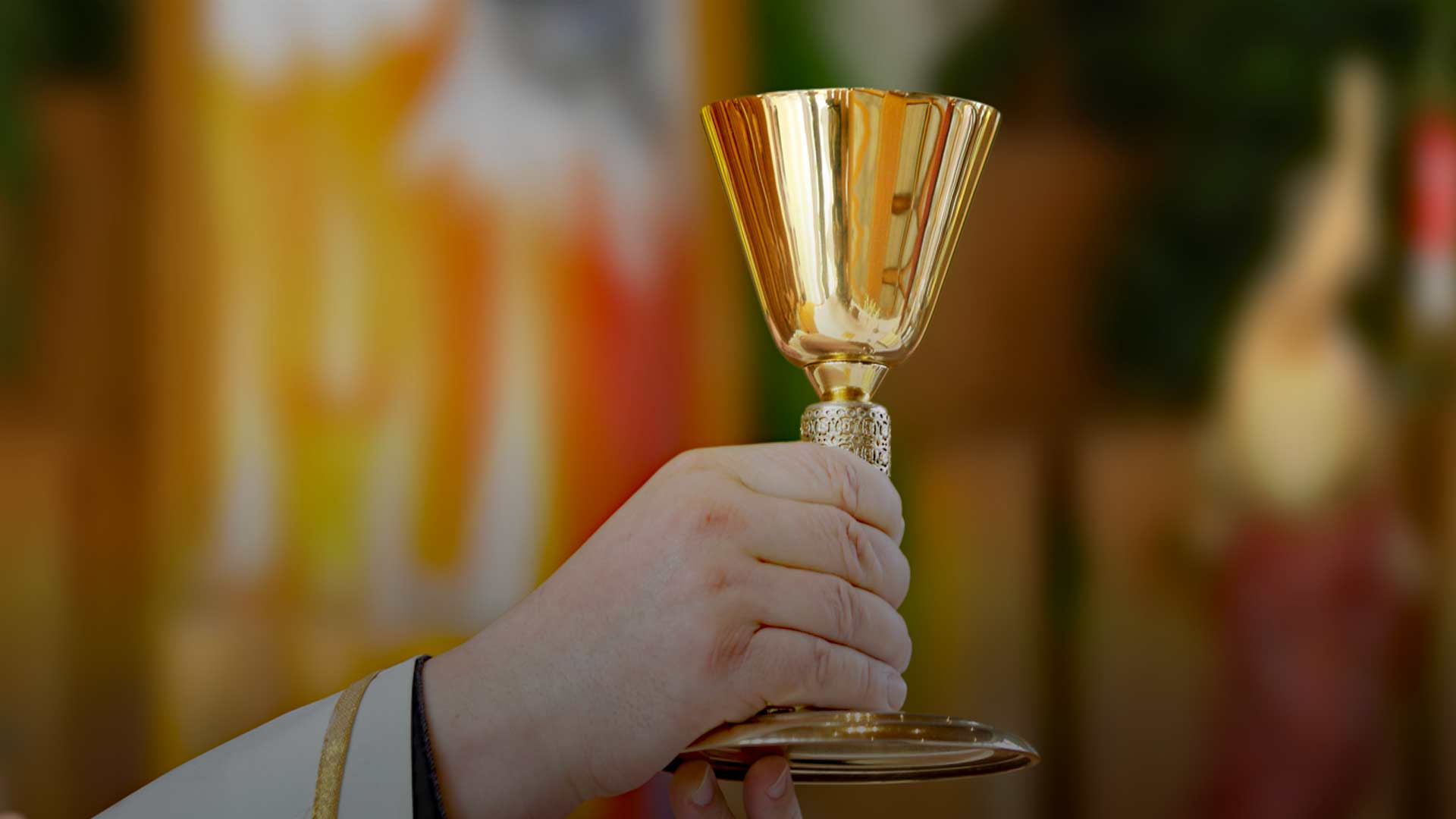

In what may well be a violation of the First Amendment, Alaska inmates are currently unable to participate in Catholic masses thanks to a new policy from the state corrections department, which effectively bans the use of sacramental altar wine in the state’s 14 prison facilities.
Signed on June 6 by Corrections Commissioner Jennifer Winkelman, the interim policy states that the purpose is to “modify the altar wine policy while, Faith-Based Programming and Chaplaincy Services is under review.”
The re-written policy states: “No altar wine or other alcoholic beverages will be used by anyone who is involved with any activity. The use of a non-alcoholic substitute (juice) for altar wine may be considered.”
Since all Catholic masses require at least a few ounces of wine to be used by the priest, the interim policy effectively bans clergy from offering mass to inmates.
The Alaska Watchman has reached out to the Department of Corrections and will include their response once it is received.
A spokesman for the DOC did speak to pillarcatholic.com, saying the interim policy is a “temporary guidance as department reviews its policies.
“The final policy will be reviewed by the Department of Law to ensure the appropriate balance between security in DOC facilities and inmates ability to practice their religious beliefs,” the spokesperson told pillarcatholic.com. “Alaska DOC’s previous policy allowed altar wine with approval of the superintendent or chaplaincy coordinators, but to our knowledge altar wine has never been approved,” she added.
In fact, altar wine has been used for years by priests offering mass to Alaska’s inmates. This is not the first time, however, that Catholic chaplains have been hampered from celebrating mass in Alaska’s prisons. More than a decade ago, Father Thomas Brundage was prohibited from bringing in a small vial of wine to offer mass at the Palmer Correctional Center. That policy was quickly reversed, with an apology.
In a 2010 article Brundage specifically recounted the incident.
“After being berated for 10 minutes by the second in command of the prison, I was able to later on show them that even on their Web page (it) lists the procedure for bringing in wine for those churches that use wine, and the founders of the constitution would be turning over in their graves knowing that a denomination would have to change the way they worshiped that day, because of state officials,” Brundage recalled at the time.
ALASKA WATCHMAN DIRECT TO YOUR INBOX
He added that prison officials eventually apologized and allowed him to celebrate Mass, with the necessary altar wine, which only he consumed.
According to Catholic teaching, all Catholics are bound to attend Sunday mass, if possible. This celebration requires the priest to use a few ounces of wine, which Catholics believe is transformed into the sacramental blood of Christ.
During a typical prison mass, the priest consumes the wine, while inmates are given the consecrated hosts, derived from bread.
Nevertheless, a valid Catholic mass requires the priest to at least consecrate and consume both species himself during the liturgy.
Federal court president has upheld the right of inmates to access Catholic mass, including the use altar wine in the liturgy.
While Alaska’s interim policy allows for the use of a “non-alcoholic substitute (juice)” with approval, this is not permitted during Mass, according to Catholic faith.
This is a developing story.
TAKING ACTION
— Click here to contact Gov. Mike Dunleavy.
— To contact Corrections Commissioner Jen Winkelman, call (907) 334-2381 or email: jen.winkelman@alaska.gov.








4 Comments
Many of Alaska inmates are Alcoholics. Some of these denominations are too rule, too orthodox . and too tradition oriented. I Bible scripture says “Do not, for the sake of food, destroy the work of God. Everything is indeed clean, but it is wrong for anyone to make another stumble by what he eats.” Romans 14:20. If your brother or sister (you know that’s your friend or neighbor) if they struggle with alcohol then be sober with them encourage them to stay in their sobriety instead of leaving them out alone and the two learning to use and do other activities together so the alcoholic friend sees they can live without alcohol.
I was wondering if there are acceptable substitutes to wine? Is non-alcoholic wine acceptable?
WTF happened to freedom of religion! The same thing that happening our other rights, the 1A, the 2A, the right to do process & a speedy trial. You will own nothing and be happy !
My dad didnt die from agent orange for this !
I am a Catholic, and the Holy Mass requires bread and wine (as “valid matter”) to be transformed by the words of the priest into the Body and Blood of Christ. There are and never have been any substitutes allowed. Distribution to the faithful under both species in not required, of course, but the celebrant must consume the Precious Blood and so wine cannot be dispensed with. I hope this prison policy was driven only by bureaucratic ignorance and not anti-Catholic bigotry, and that it is quickly reversed.